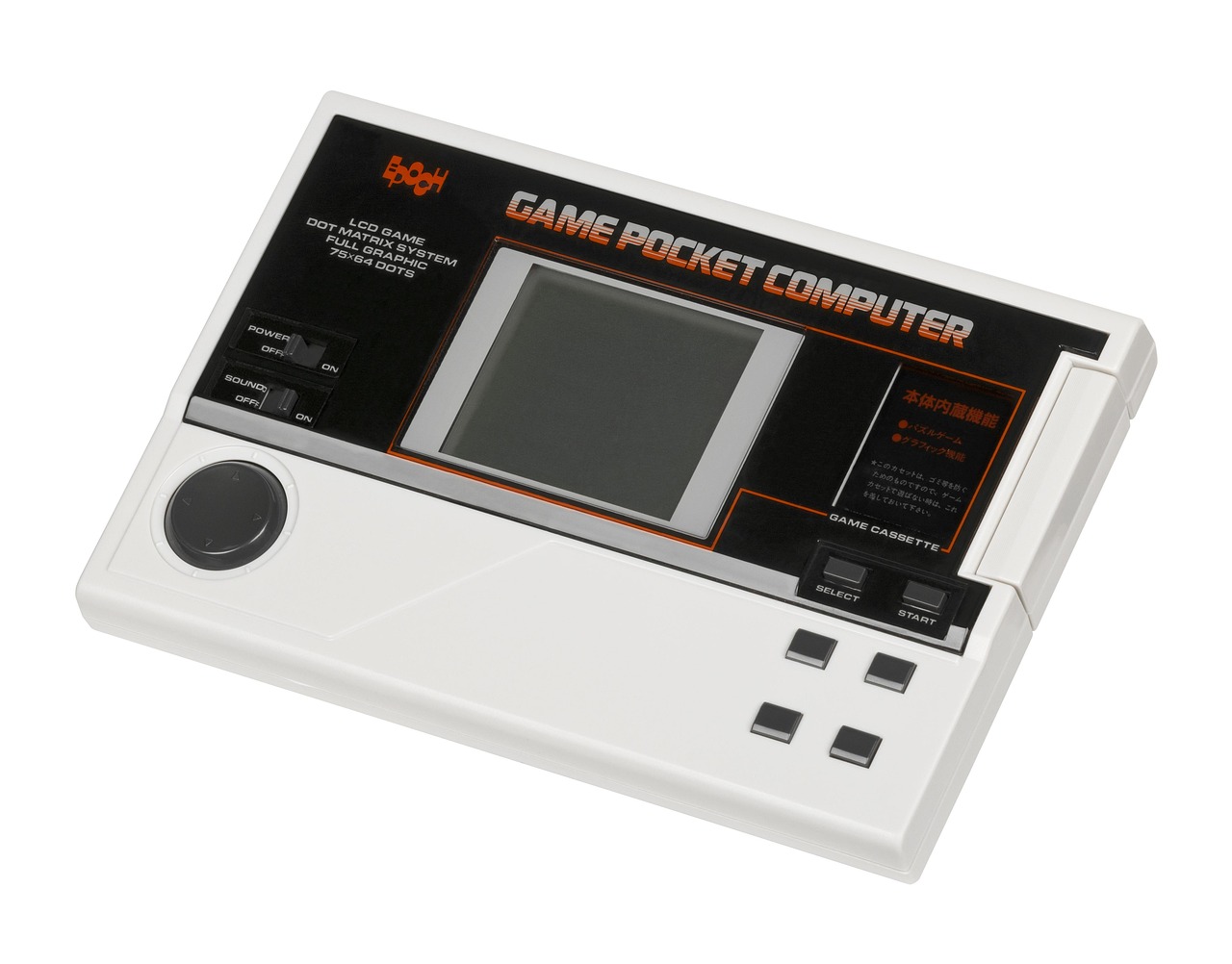Igniting a child’s passion for learning starts with providing them with the right tools. In today’s digital age, educational resources extend far beyond textbooks and worksheets. From interactive apps and engaging games to hands-on kits and innovative software, a vast array of kids learning tools is available to cater to diverse learning styles and foster a love of knowledge. Selecting the best options can feel overwhelming, so let’s delve into the world of learning tools designed to empower young minds.
Digital Learning Platforms: Engaging Minds Online
Interactive Learning Apps
- Interactive learning apps are a fantastic way to introduce children to new concepts and reinforce existing knowledge. These apps often incorporate gamification elements, making learning fun and engaging.
Example: Apps like Khan Academy Kids and ABCmouse offer a wide range of subjects, from math and reading to science and art, presented in an interactive and age-appropriate format.
Benefits:
Personalized learning paths adapt to the child’s pace.
Immediate feedback helps children understand their mistakes.
Engaging visuals and sound effects keep children motivated.
- Actionable Takeaway: Explore free trials of different learning apps to find the ones that best suit your child’s learning style and interests. Monitor screen time to ensure a balanced approach.
Educational Websites and Online Resources
- Websites dedicated to education offer a wealth of information, games, and activities. These resources can supplement classroom learning or provide opportunities for exploration beyond the curriculum.
Example: Websites like National Geographic Kids and BrainPOP provide engaging articles, videos, and interactive quizzes on a variety of topics.
Benefits:
Access to a vast library of information and resources.
Opportunity to learn at their own pace.
Exposure to different perspectives and cultures.
- Actionable Takeaway: Curate a list of age-appropriate and reliable educational websites for your child to explore. Supervise their online activities to ensure safety and relevance.
Virtual Reality (VR) and Augmented Reality (AR)
- VR and AR technologies offer immersive learning experiences that can bring abstract concepts to life. These technologies are increasingly being used in education to enhance engagement and understanding.
Example: VR field trips allow children to explore historical sites or distant planets without leaving the classroom. AR apps can overlay interactive elements onto real-world objects, making learning more tangible.
Benefits:
Enhanced engagement and motivation.
Improved understanding of complex concepts.
Immersive and memorable learning experiences.
- Actionable Takeaway: Research VR and AR learning apps that align with your child’s interests. Ensure that the technology is used in a safe and controlled environment.
Hands-On Learning Kits: Experiential Education
Science Kits
- Science kits provide hands-on experiments and activities that allow children to explore scientific concepts in a fun and engaging way.
Example: Chemistry sets, robotics kits, and astronomy kits can spark curiosity and foster a love of science.
Benefits:
Development of critical thinking and problem-solving skills.
Enhanced understanding of scientific principles.
Increased interest in STEM fields.
- Actionable Takeaway: Choose science kits that are age-appropriate and aligned with your child’s interests. Supervise experiments and encourage them to document their findings.
Art and Craft Supplies
- Art and craft supplies encourage creativity, imagination, and self-expression. These tools can help children develop fine motor skills and explore their artistic talents.
Example: Painting sets, clay modeling kits, and beading kits provide opportunities for children to create and experiment.
Benefits:
Development of fine motor skills and hand-eye coordination.
Enhanced creativity and imagination.
Improved self-esteem and confidence.
- Actionable Takeaway: Provide a variety of art and craft supplies and encourage your child to explore different techniques and mediums. Display their artwork to boost their confidence.
Building Blocks and Construction Toys
- Building blocks and construction toys promote spatial reasoning, problem-solving, and creativity. These toys allow children to design and build structures, fostering their engineering skills.
Example: LEGO sets, magnetic tiles, and wooden blocks offer endless possibilities for construction and imaginative play.
Benefits:
Development of spatial reasoning and problem-solving skills.
Enhanced creativity and imagination.
Improved fine motor skills and hand-eye coordination.
- Actionable Takeaway: Encourage your child to build different structures and experiment with various designs. Challenge them to solve problems and create innovative solutions.
Board Games and Puzzles: Playful Learning
Educational Board Games
- Educational board games make learning fun and interactive. These games can teach children about various subjects, from math and science to history and geography.
Example: Scrabble, Monopoly, and Ticket to Ride promote strategic thinking, problem-solving, and teamwork.
Benefits:
Development of critical thinking and problem-solving skills.
Enhanced social skills and teamwork.
Improved memory and recall.
- Actionable Takeaway: Choose board games that are age-appropriate and aligned with your child’s interests. Play games together as a family to create lasting memories and foster learning.
Puzzles and Brain Teasers
- Puzzles and brain teasers challenge children to think critically and solve problems. These activities can help improve their cognitive skills and spatial reasoning.
Example: Jigsaw puzzles, Sudoku, and logic puzzles provide opportunities for children to exercise their minds.
Benefits:
Development of critical thinking and problem-solving skills.
Enhanced spatial reasoning and cognitive abilities.
Improved concentration and focus.
- Actionable Takeaway: Provide a variety of puzzles and brain teasers to challenge your child’s mind. Encourage them to persevere and find creative solutions.
Memory and Matching Games
- Memory and matching games are excellent for improving memory and concentration skills. These games require children to remember patterns, images, or sounds.
Example: Card matching games, picture memory games, and sound recognition games enhance memory and cognitive abilities.
Benefits:
Improved memory and concentration skills.
Enhanced cognitive abilities and recall.
Fun and engaging way to exercise the brain.
- Actionable Takeaway: Play memory and matching games with your child to improve their memory skills. Gradually increase the difficulty as they improve.
Personalized Learning Tools: Tailored Education
Adaptive Learning Software
- Adaptive learning software adjusts the difficulty level and content based on the child’s individual progress. This personalized approach ensures that children are challenged appropriately and receive targeted support.
Example: Software that assesses math skills and provides customized exercises to address areas of weakness.
Benefits:
Personalized learning paths that cater to individual needs.
Targeted support for areas of weakness.
Increased motivation and engagement.
- Actionable Takeaway: Research adaptive learning software that aligns with your child’s learning goals. Monitor their progress and provide encouragement.
Tutoring and Personalized Instruction
- Tutoring and personalized instruction provide individualized attention and support to help children succeed academically.
Example: One-on-one tutoring sessions with a qualified teacher or online learning platforms that offer personalized feedback.
Benefits:
Individualized attention and support.
Targeted instruction to address specific learning needs.
Improved academic performance and confidence.
- Actionable Takeaway: Consider tutoring or personalized instruction if your child is struggling in a particular subject. Choose a tutor who is experienced and knowledgeable.
Customized Learning Plans
- Customized learning plans tailor the curriculum and learning activities to the child’s individual interests and learning style.
Example: A personalized learning plan that incorporates project-based learning, hands-on activities, and digital resources.
Benefits:
Increased engagement and motivation.
Enhanced understanding and retention.
Development of critical thinking and problem-solving skills.
- Actionable Takeaway: Work with your child’s teacher or a learning specialist to develop a customized learning plan that meets their individual needs.
Conclusion
Selecting the right kids learning tools is crucial for fostering a lifelong love of learning. Whether it’s through engaging digital platforms, hands-on kits, playful board games, or personalized learning approaches, the key is to cater to individual interests and learning styles. By providing a diverse and stimulating learning environment, parents and educators can empower children to reach their full potential and thrive in an ever-evolving world. Remember to monitor screen time, encourage exploration, and celebrate their achievements along the way.



